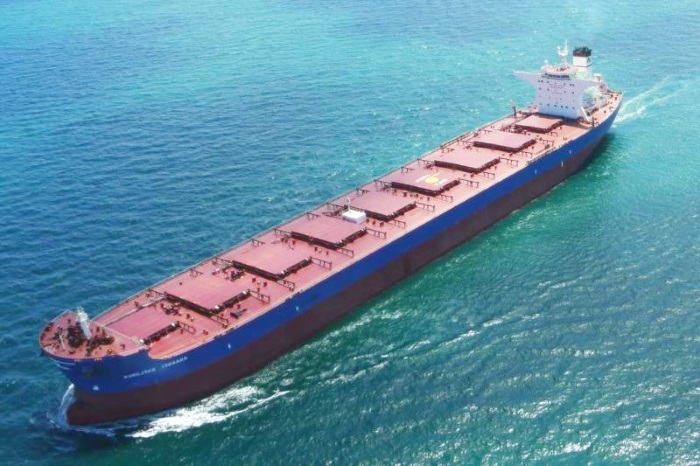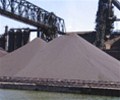Policymakers expect persistently slower growth in China, perhaps even more sluggish than current consensus estimates, seeing its transition from an infrastructure- and investment-led economy to becoming consumption-driven as “difficult”.
Viewing the crisis in the world’s second largest economy as more structural than cyclical, policymakers expect it to feed into a lower growth outlook globally, but also help alleviate some inflationary pressures as commodity prices cool down.
Former Bank of Japan (BOJ) board member Takahide Kiuchi told the Reuters Global Markets Forum (GMF) he expects China’s growth rate to decline “to below 4%, or even below 3%,” adding this might negatively impact the world economy.
Another former BOJ board member, Goushi Kataoka, meanwhile, predicted a “severe future” for the Chinese economy. “The inflation rate in China is around 0% – that means distortion of domestic demand and domestic supply,” he said.
China’s services activity expanded at its slowest pace in eight months in August, as weak demand continued to dog the economy. This follows economic growth in 2022 recorded at one of its worst levels in nearly half a century.
“This is certainly a risk of a negative external demand shock for Europe and for the global economy,” said European Central Bank (ECB) governing council member Boris Vujcic, as he expressed caution.
The Croatian central bank chief sees narrowing room for expansionary policies in China, adding, “We have to be careful.”
His fellow governing council member on the ECB, Austrian central bank chief Robert Holzmann, believes economic dynamism won’t return to China as long as its administration stays “hesitant about what direction to move.”
Through 2023, China has lost its post-Covid momentum as stimulus measures – the latest of which aimed to shore up its debt-ridden property sector – have failed to meaningfully revive consumption.
At the same time the United States and European economies are looking into how to “de-risk” their relationship with China to reduce their reliance on it.
In a series of interviews with the GMF, policymakers said lower commodity prices from a cooling China could be a silver lining for central banks in most developed countries that are now getting ready to wrap up their most aggressive interest rate hiking cycle in history to battle inflation.
Reserve Bank of New Zealand (RBNZ) Deputy Governor Christian Hawkesby said lower commodity prices due to a more severe slowdown in China could mean inflation pressures cool off “more quickly than our central view”.
The RBNZ has already factored in “a pretty subdued period” for commodity prices within their projections, before they see them beginning to rise again, Hawkesby said.
“But yeah, if we re-ran our projections today, it would be a revised outlook,” he added, referring to global dairy prices, which fell to their lowest level since 2018 in August.
Source: Hellenic Shipping News





